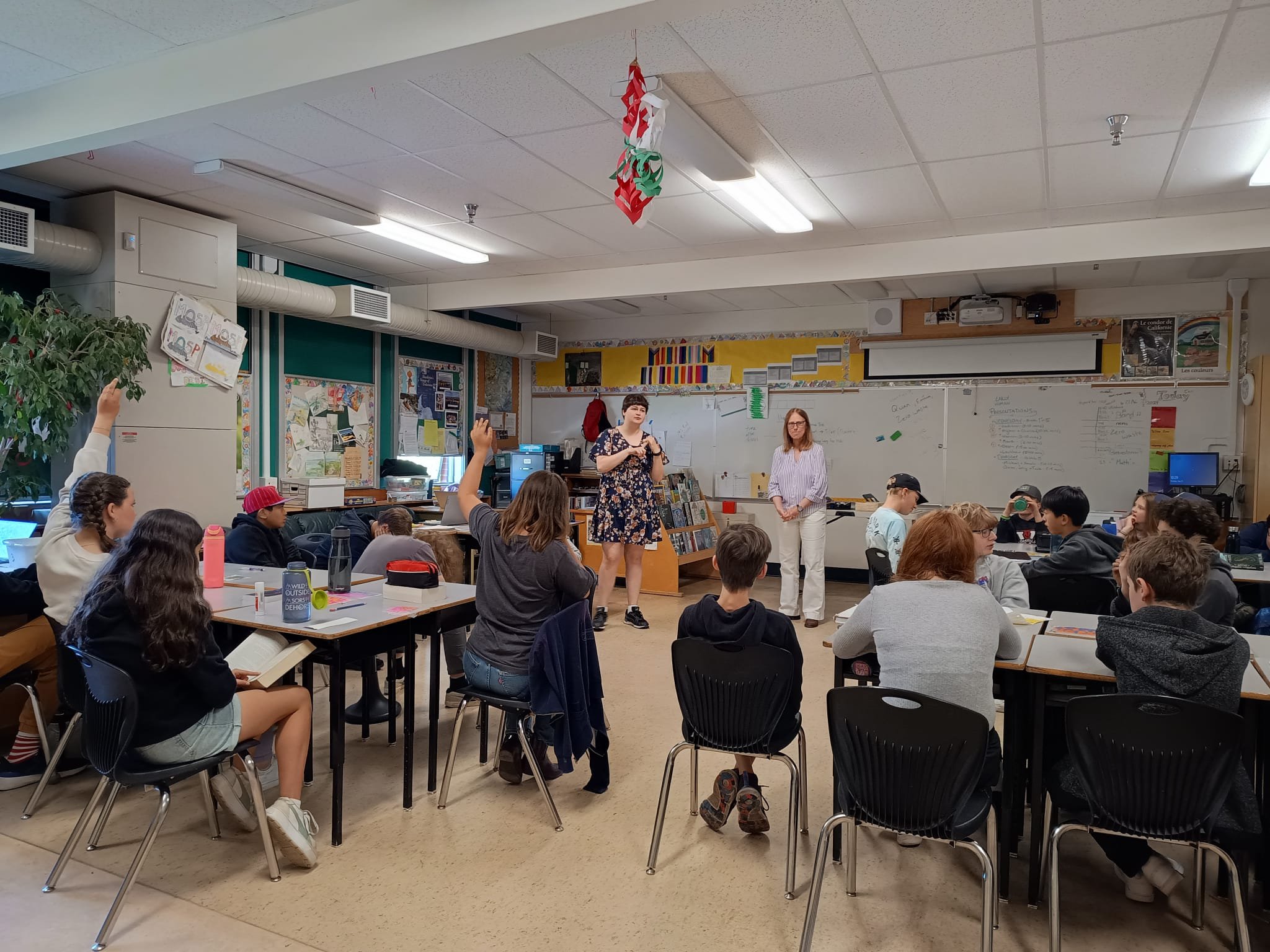Zero waste in brazilian and canadian schools
One of the main challenges in cities today is waste, its inadequate management and the consequences of this mismanagement for citizens, especially children and youth. In addition, our cities have many other challenges that we need to overcome. Issues such as climate change and urban growth can aggravate the mismanagement of our waste, especially in peripheric areas. For example, with inadequate waste collection and the consequent clogging of urban drains during heavy rain episodes, flooding scenarios can be aggravated. The population is also more susceptible to diseases. Selective waste collection, on the other hand, prevents the spread of diseases and helps to ensure that waste is disposed correctly, stimulating a more circular economy.
Zero Waste has the main goal to improve waste management, so that organic materials are redirected into composting and recyclable materials are reinserted into the production chain through proper recycling, maximizing resource reuse and reducing waste going to landfills and/or dumps. However, due to social inequality and barriers encountered in policy implementation, cities are at different stages in terms of addressing waste management, some are further ahead and others in need of support.
Based on this context, the project "Engaging young people in urban waste management in Brazilian and Canadian cities: from environmental sanitation to the Zero Waste policy" is being developed with the support of the Community-based Research Laboratory (CBRL) and the Department of Geography at the University of Victoria, Canada, and coordinated by post-doctoral researcher Dr. Carolina Carvalho and Professor Dr. Jutta Gutberlet. It seeks to build a diagnosis of the waste management situation in São Bento do Sapucaí (São Paulo, Brazil) and Victoria (British Columbia, Canada) by engaging citizens using participatory research methods, including participatory mapping, and thus capturing their perception of urban waste management, with the ultimate aim of drawing up proposals for improvements in the region studied.
For more information, write to Carolina at: carvalhocm@gmail.com

